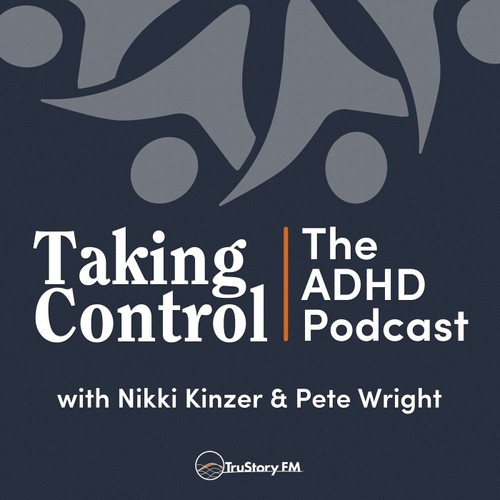
 Taking Control: The ADHD Podcast
Taking Control: The ADHD Podcast Shiny Objects & Smart Machines: AI’s Role in ADHD Productivity Part I
49 snips
Mar 27, 2025 Artificial intelligence might just be the ultimate tool for those managing ADHD. The hosts dive into how AI can boost productivity, featuring tools that streamline task management and enhance focus. They discuss the double-edged sword of AI, balancing its potential benefits against ethical concerns and cognitive agency. Personal stories illuminate the unique ways AI can assist attention deficits, while the importance of understanding AI's limitations is emphasized. It's a thought-provoking exploration of technology's role in our cognitive lives.
AI Snips
Chapters
Transcript
Episode notes
AI: Promise and Peril for ADHD
- AI can be a powerful tool for ADHD minds, offering potential for organization and focus.
- However, it also presents risks by potentially exacerbating distraction tendencies.
A Day in the Life of ADHD Without AI
- Pete Wright describes a common ADHD experience of waking up overwhelmed by tasks and getting sidetracked.
- This anecdote highlights the challenges of managing focus and completing projects.
AI for Task Management
- Consider using AI tools like Motion AI and Reclaim AI to manage tasks and schedule your day dynamically.
- Offload the mental burden of task management to a system that learns from your work habits.
